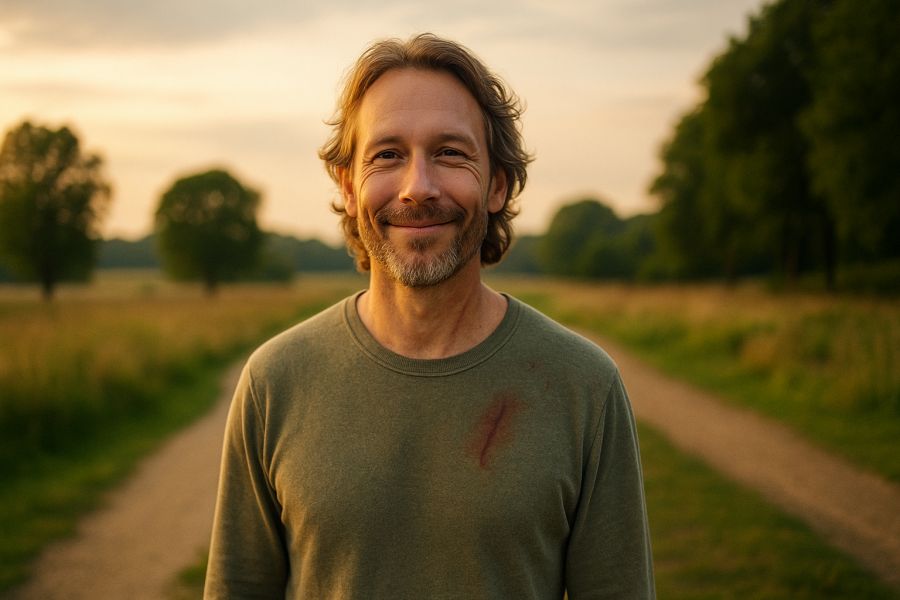Disclaimer: The information on this website is not a substitute for medical or psychological treatment. The content is based on personal practice and emotional work methods, not medical advice. If you are experiencing serious physical or mental health issues, please seek professional help from a qualified doctor or therapist. Emotional work is individual and results may vary.
As Robert G. Smith, founder of the FasterEFT method, says, “Every relationship has two possible outcomes: it will either heal you or destroy you.” This simple yet profound idea reminds us that relationships aren’t just about other people. They are mostly about us — our wounds, patterns, and our ability to choose what truly serves us.
Childhood as a Hidden Program
One of the greatest sources of emotional pain is our childhood experience. Our first relationships — with parents or caregivers — shape how we perceive ourselves and what we believe love looks like. If we grew up in an environment lacking acceptance or marked by rejection, that experience imprints deeply into the unconscious.
Robert G. Smith openly shares that he too carried a wound of rejection from childhood. His mother gave birth very young, at fourteen, and could not provide the stable support a child needs. This experience later manifested as issues around rejection and the feeling of not being good enough. Many of us carry similar stories.
The Power of Letting Go
Healing begins when we learn to let go of old pain. It doesn’t mean forgetting; it means stopping the habit of holding on and carrying it like a heavy backpack. When we begin releasing inner tension and emotions, both body and mind respond: we look better, feel better, behave more healthily, and make better choices.
This process requires courage and self-awareness. It is a step from the role of victim to the role of creator of our own life.
Tapping on Others as a Path Back to Ourselves
There is an interesting principle in FasterEFT: when we “tap” on someone else — a partner, a parent, or anyone who carries a strong emotional charge for us — we are actually releasing ourselves. It’s not about changing the other person, but about dissolving the bonds that tie us to them through pain.
Through this process, anger can transform into understanding, sadness into calm, and fear into courage — not only within us, but often in our relationship to the other person as well.
Conscious Choice
The key to healing is conscious choice. Every relationship gives us a choice — to continue a toxic program or to move toward growth. If we can be honest with ourselves and acknowledge what hurts us, we can choose differently.
Sometimes that means ending a relationship and leaving. Other times, if willingness exists on both sides, transformation is possible. But one truth remains: change begins within us. Without that, patterns simply repeat.
Self-Awareness and Self-Love
If we carry the belief “I’m not good enough,” every relationship will mirror it back. That’s why self-love and self-acceptance are the foundations of healthy relationships. When we learn to value ourselves, we no longer need a partner to confirm our worth. And that’s when our relationships begin to change.
Relationships are the strongest mirror of our inner world. If we find ourselves in those that hurt, it isn’t punishment — it’s an opportunity. An opportunity to understand what within us is asking to be healed.
The wisdom of Robert G. Smith shows us that the path leads through letting go, conscious choice, and emotional work. FasterEFT offers practical tools to rewrite old programs and create new ones — relationships that are healthier, kinder, and more authentic.
If you want to go deeper and learn practical techniques for working with emotions, explore my eBooks in the store.
